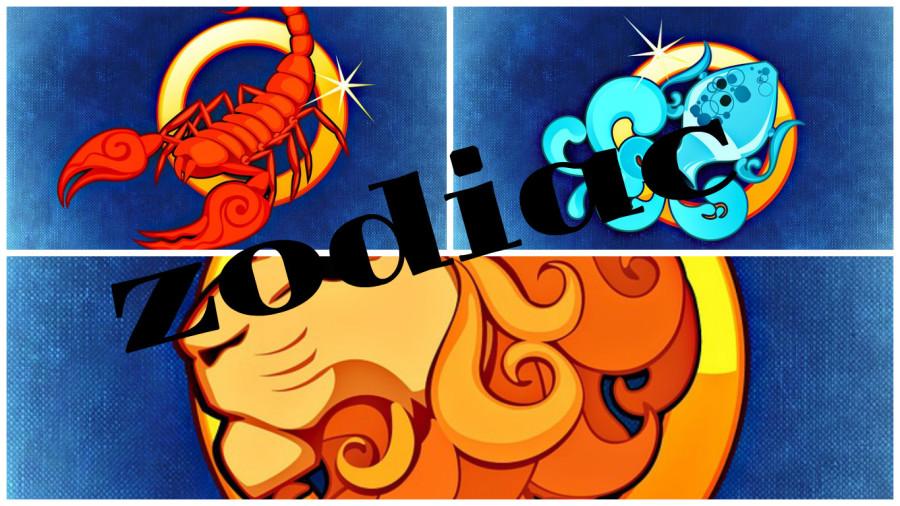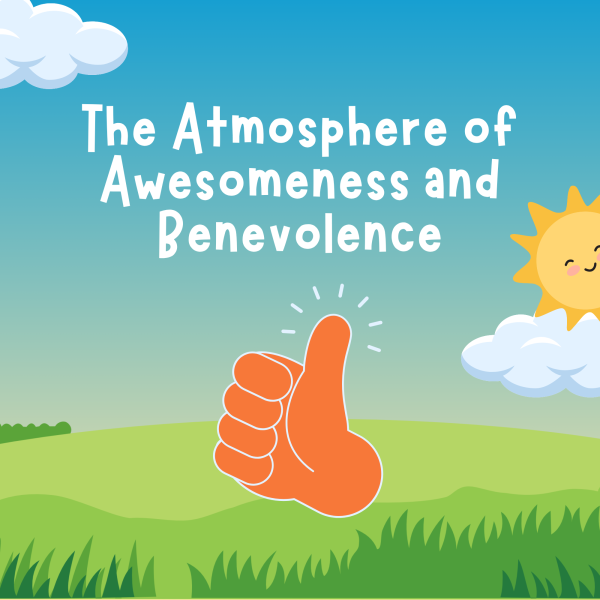Be-“Forer” You Believe
The History Behind Zodiac Signs
Amongst all the trends that people pick up and toss away, zodiac horoscopes are definitely gaining more and more popularity. People are allured by the idea that predictions can be made for particular personality types, and people agree that these predictions are eerily accurate. But studies show that you shouldn’t buy into it too quickly.
In 1949, Professor Bertram R. Forer conducted an experiment with his current psychology students. He asked them to take a brief test that he said would produce results dealing with their individual personalities. Once the tests were submitted, each student was given a profile that they believed were specifically tailored to them.
When asked to rate the accuracy of the profiles, the students gave it a 4.6 out of 5. However, they quickly changed their minds when Forer revealed the catch of the experiment; all of the profiles handed out were exactly the same.
This result was labeled as the Forer effect. As stated by the Skeptic’s Dictionary, this effect is “the tendency of people to rate sets of statement as highly accurate for them personally even though the statements could apply to many people.” People have this effect because of the relativity for humans; if an analysis is general enough, people are prone to believe because they can relate to what is said about them.
A natural way of thinking call self-serving bias also played a part in this outcome. Psychology today defines self-serving bias as “people’s tendency to attribute positive events to their own character but attribute negative events to external factors.” It’s important to know that Professor Forer’s analysis was positively influenced and therefore made it easier for people to agree with. Because of human nature, if the profile had consisted of negative statements, the subject may have a harder time believing it.
This is how horoscope predictions of today are modeled. They are attributed to specific signs, but are arguably too general to be for one specific person. However, star sign analyses are also fun and contain good advice, albeit broad. What sign doesn’t need fun and good advice?
Boyes, Alice. “The Self-Serving Bias – Definition, Research, and Antidotes.” Psychology Today. 9 Jan. 2013. Web. 7 Jan. 2016.
Carroll, Robert Todd. “Forer Effect.” Forer Effect. The Skeptic’s Dictionary. Web. 7 Jan. 2016.
“Forer Effect – Socially Psyched.” Forer Effect – Socially Psyched. Socially Psyched. Web. 7 Jan. 2016.
Sea, Nu Rho. “Why Do Horoscopes Seem Eerily Accurate?” YouTube. YouTube, 9 Oct. 2013. Web. 7 Jan. 2016.







